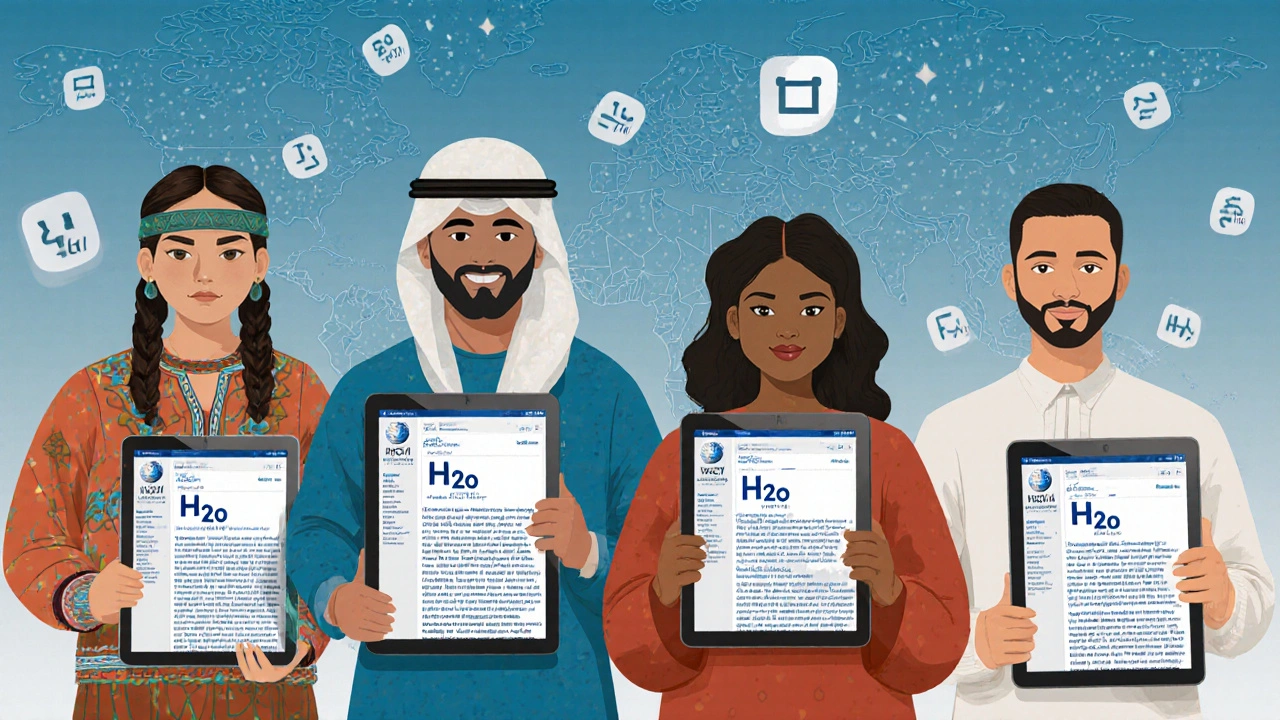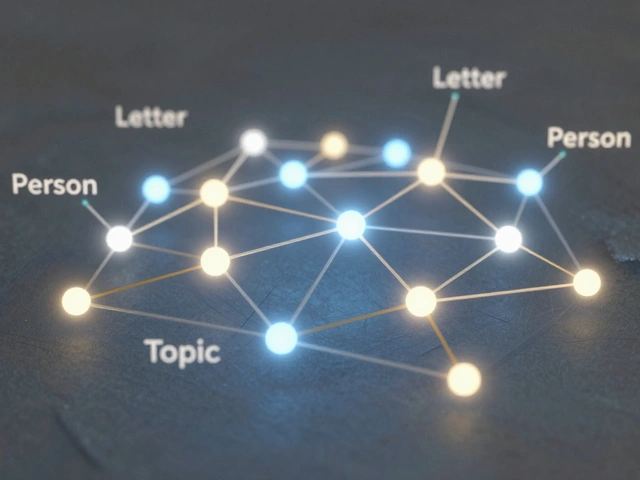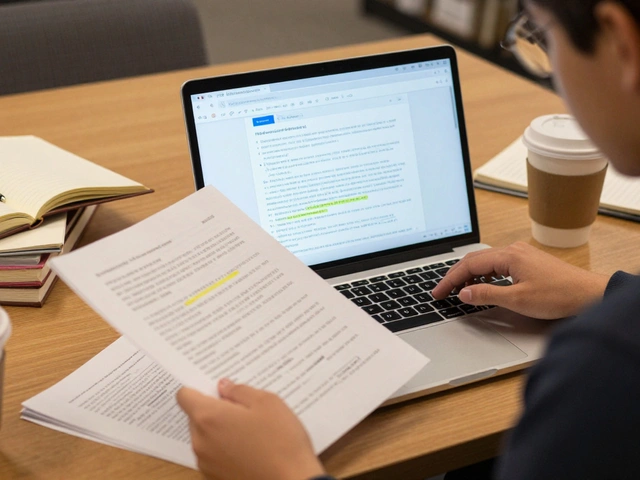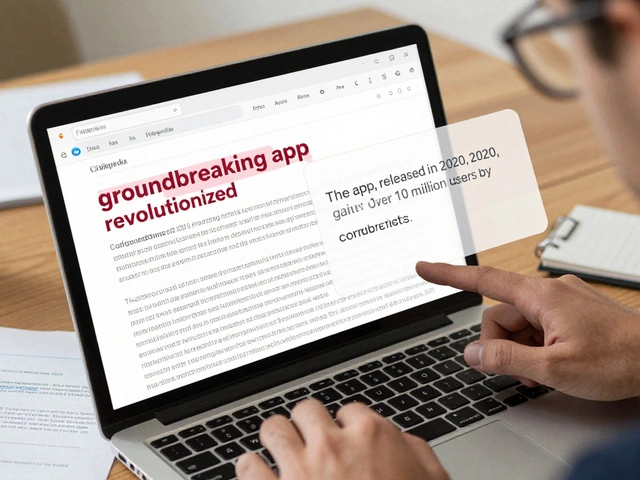
Imagine you read a Wikipedia article about the Eiffel Tower in French. Then you switch to the Japanese version. Then the Arabic one. Each article has different details, different photos, maybe even different dates. But the tower’s height? That’s the same everywhere. So how does Wikipedia keep all those versions aligned? The answer isn’t just editors copying and pasting. It’s Wikidata.
What Wikidata Actually Does
Wikidata isn’t another Wikipedia. It doesn’t have articles you read. Instead, it’s a giant database of facts - simple, structured, machine-readable. Think of it like a spreadsheet where every row is a thing - a person, a building, a chemical compound - and every column is a fact about it.
For example, the Eiffel Tower has a unique ID: Q243. Under that ID, Wikidata stores: height = 300 meters, location = Paris, construction started = 1887, architect = Gustave Eiffel. That’s it. No stories. No fluff. Just data.
Now, every language version of Wikipedia - English, Spanish, Hindi, Swahili - can pull from this same database. When you see the height of the Eiffel Tower on any Wikipedia page, it’s not typed by hand. It’s pulled live from Wikidata. If someone fixes a typo in the height on Wikidata, every Wikipedia article using that fact updates automatically.
Why This Matters for Multilingual Wikipedia
Wikipedia has over 300 language editions. Some, like English or German, have millions of articles. Others, like Tatar or Waray, have only a few thousand. Without Wikidata, editors in each language would have to manually enter the same facts over and over. A fact about the population of Tokyo would be written in Japanese, Korean, Russian, and Portuguese - and if one got outdated, the others wouldn’t know.
Wikidata breaks that cycle. It lets smaller language communities focus on what they do best: writing local context, adding cultural details, translating nuanced explanations. Meanwhile, the core facts - birth dates, geographic coordinates, scientific measurements - are handled once, centrally.
This isn’t just convenient. It’s a game-changer for equity. A Wikipedia article in Quechua about a Peruvian mountain can now include its elevation, coordinates, and nearest city - all pulled from Wikidata - without needing a single editor to know how to spell those terms in English. It levels the playing field.
How It Works Behind the Scenes
Every fact in Wikidata is called a “statement.” Each statement has three parts: a subject (the thing), a predicate (the property), and an object (the value).
- Subject: Q243 (Eiffel Tower)
- Predicate: P2048 (height)
- Object: 300 meters
These statements can also include qualifiers. For example, the height of the Eiffel Tower is 300 meters - but that’s without the antenna. With the antenna, it’s 330 meters. Wikidata can store both, with notes on when each measurement applies.
Wikipedia articles link to these statements using special code. When you edit a Wikipedia page, you might see something like {{#statements:P2048}}. That’s not for humans to read - it’s a command telling the page: “Get the height from Wikidata.”
And because Wikidata is open and public, anyone can edit it. You don’t need to be a Wikipedia editor. You just need to create a free account and start adding facts. That’s how thousands of volunteers worldwide help keep the data accurate.

Real Examples of What’s Connected
Let’s say you’re reading about Frida Kahlo in Spanish Wikipedia. The article mentions she was born in 1907, lived in Coyoacán, and painted “The Two Fridas.” All those facts come from Wikidata.
Now go to the Chinese Wikipedia. Same birth year. Same location. Same painting title - translated, of course. But the data source? Identical.
Even more powerful: if you search for “Frida Kahlo” in Google, the knowledge panel pulls data from Wikidata too. That’s right - your Google search results rely on the same database that powers Wikipedia in dozens of languages.
Another example: the chemical formula for water is H₂O. That’s in Wikidata. So whether you’re reading about water in Swahili, Vietnamese, or Ukrainian, the formula stays the same. No translation needed. No room for error.
What Happens When Facts Change?
Things change. The population of a city grows. A scientist revises a measurement. A historical date gets corrected.
In the old system, you’d have to fix it in every language. That’s impossible. Wikidata makes it possible.
When a new study finds that the Great Pyramid of Giza is 138.8 meters tall instead of 138.7, someone updates that value in Wikidata. Within hours, every Wikipedia article using that fact reflects the change. Editors don’t have to hunt down 50 language versions. The system does it for them.
And because Wikidata tracks edits, you can see who changed what, when, and why. It’s transparent. It’s accountable. It’s how knowledge stays alive.

Limitations and Challenges
Wikidata isn’t perfect. It relies on volunteers. Some facts are missing, especially for topics from underrepresented cultures. A small village in Papua New Guinea might not have its population listed. A traditional herbal remedy might not be in the database at all.
Also, not every Wikipedia article uses Wikidata. Some editors prefer to type facts manually - especially in languages with fewer contributors. But the trend is clear: more and more articles are moving toward automated data.
And while Wikidata handles structured data well - numbers, dates, locations - it’s not great at stories. You can’t store “why people love the Eiffel Tower” as a fact. That’s still up to human-written articles.
The Bigger Picture: A Global Knowledge Graph
Wikidata is more than a tool for Wikipedia. It’s part of a global network of knowledge. It connects to other databases - like the Library of Congress, NASA, and the European Union’s open data portals. That means facts from government sources, museums, and research institutions can flow into Wikipedia too.
It’s one of the largest open knowledge graphs in the world. And unlike proprietary systems owned by tech companies, it’s free, public, and editable by anyone.
This isn’t just about Wikipedia. It’s about building a shared foundation of truth - one that doesn’t belong to any single country, language, or corporation. It’s knowledge built by the world, for the world.
How You Can Help
You don’t need to be a coder or a librarian to help Wikidata. If you know a fact that’s missing - like the name of a local park, the founding year of a community center, or the correct spelling of a name in your language - you can add it.
Go to wikidata.org. Search for the thing you want to add. If it’s not there, create it. If it’s there but incomplete, edit it. You can even use tools like QuickStatements to add dozens of facts at once.
Every fact you add helps someone, somewhere, read a more accurate Wikipedia article - in their own language.




